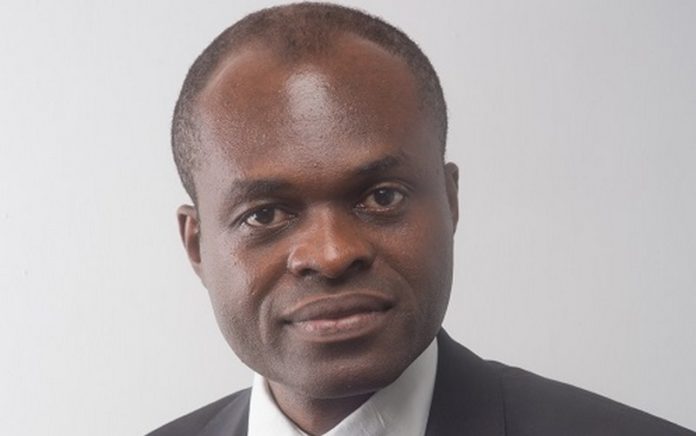Prominent private legal practitioner, Martin Kpebu, has thrown his support behind the Attorney-General’s decision to discontinue the high-profile criminal case involving former Finance Minister Dr. Kwabena Duffuor and seven others over the collapse of uniBank.
The case, formally titled The Republic v. Kwabena Duffuor & 7 Others (CR/0248/2020), was dropped on Tuesday, July 22, after Deputy Attorney-General Dr. Justice Srem-Sai announced the entry of a nolle prosequi.
According to the Attorney-General’s Office, the decision was based on the successful recovery of significant public funds from the accused persons, making further prosecution both costly and unnecessary.
The Office explained that about 60% of the public funds and assets had been recovered, and pursuing the case further no longer served the public interest.
While critics, particularly from the opposition New Patriotic Party (NPP), have accused the current administration of promoting impunity, Mr. Kpebu believes the Attorney-General acted in line with international best practices.
Speaking on Joy FM’s Super Morning Show, he described the decision as bold and pragmatic.
“I embrace it fully. It is a bold decision, and it is the right thing to do,” Kpebu said. “We’ve said we need to improve our laws in respect of non-conviction-based asset recovery. This is one of them, even though we haven’t written it into law yet.”
He argued that prosecuting politically exposed persons often proves ineffective due to prolonged legal battles and delays.
“Most of the time, if we insist on convicting the person before recovering assets, it takes years. These people are often strong, rich — they get the best lawyers in town to delay proceedings. Eventually, the cases don’t end in conviction, and we lose everything. So, half a loaf is better than none.”
Mr. Kpebu added that the move should not be seen as a failure of justice but rather as an application of restorative justice principles aimed at recovering lost state resources.
Background: Financial Sector Clean-Up
Between 2017 and 2019, Ghana’s banking sector underwent sweeping reforms following a period of systemic distress that led to the collapse of several indigenous banks, including uniBank, UT Bank, Capital Bank, and others.
The Bank of Ghana cited insolvency, weak corporate governance, related-party lending, and unsustainable business models as key causes of the crisis. The clean-up led to the revocation of licences and the creation of Consolidated Bank Ghana (CBG) to assume the assets and liabilities of affected banks.
The financial sector reforms cost the state billions of cedis, prompting efforts to recover funds and hold individuals accountable. The Economic and Organised Crime Office (EOCO), under the Attorney-General’s supervision, led investigations and subsequent legal action in connection with the clean-up.



